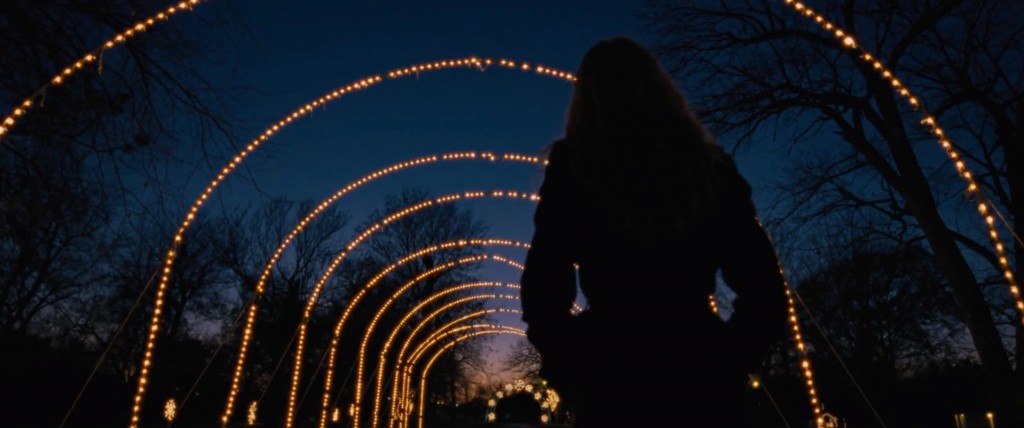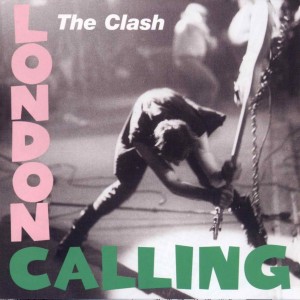Here at profligategrace.com we’re grateful to host the Rev. Robert Hall, who recently retired from 47 years of ministry in the Southwest Texas Conference of the UMC, and who still serves as dad to Amy Laura and grandfather to Rachel and Emily.
It all comes down to silence.
Our Hebrew kinfolk have it right.
“Adonai” substituted for the divine name.
“I will be what I will be,” Moses heard from the burning bush.
Or old St John of the Cross,
God is “No lo se que.”
Or St Anselm, God is “that which nothing greater can be conceived.”
The “still small voice,” Dr Powers taught us, really means no voice at all.
An indecipherable whisper,
Like a breeze.
I have spent my adult life word-smithing,
searching for just the right words for the subject or occasion,
looking for beautiful pearls of wisdom.
Which is a joyful gift, this passion for expression.
And yet, there have been times when words have gotten in the way of truth.
“Less is more.”
All language, sooner or later, leads to quietness.
Pray?
Yes: ask, beg, praise, intercede, confess–as we must.
But prayer to God ends with mouths shut,
hands still.
Like the silent sitting-together with a friend.
Or the peace which descends after beautiful music,
clapping be damned.



